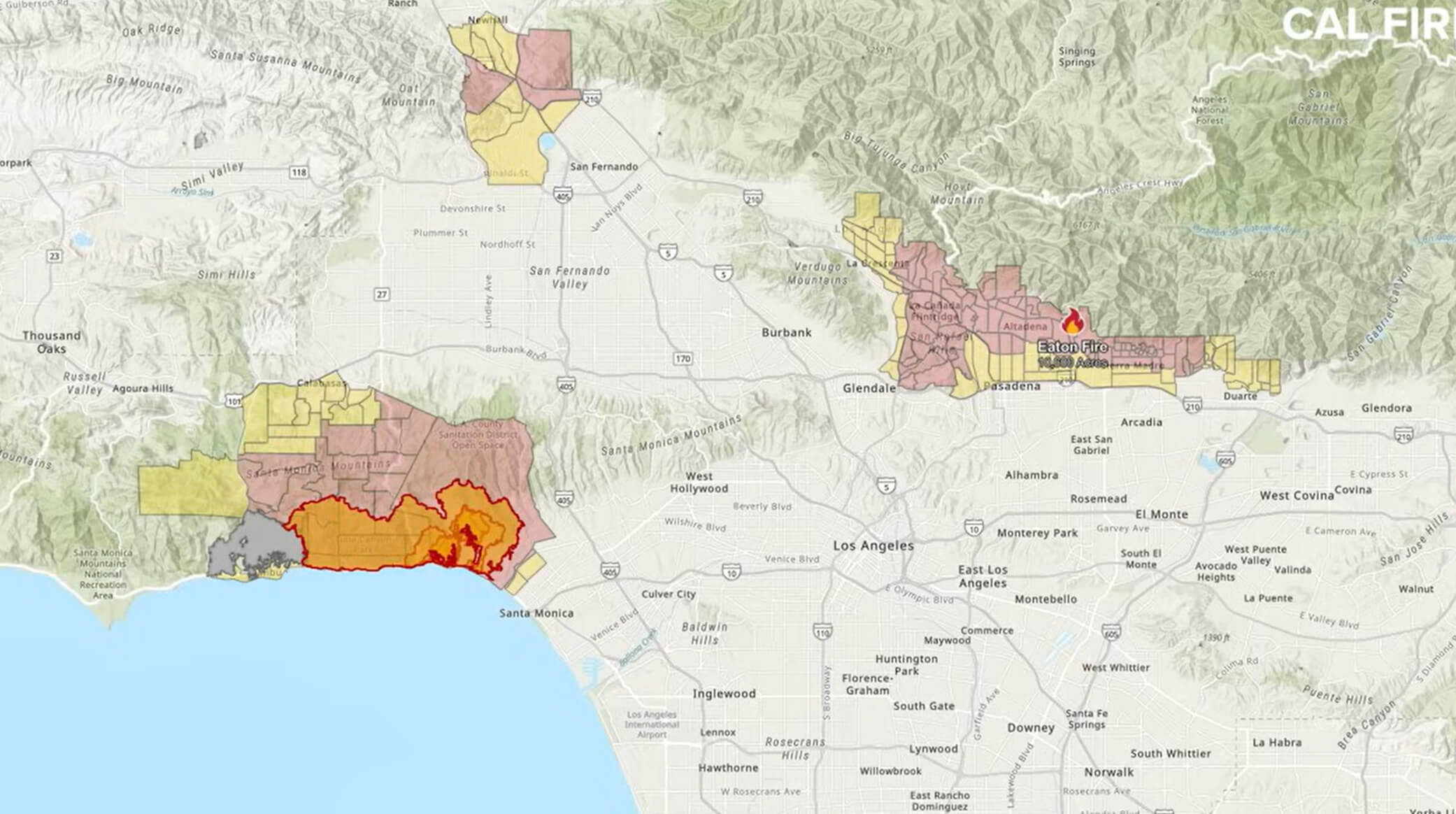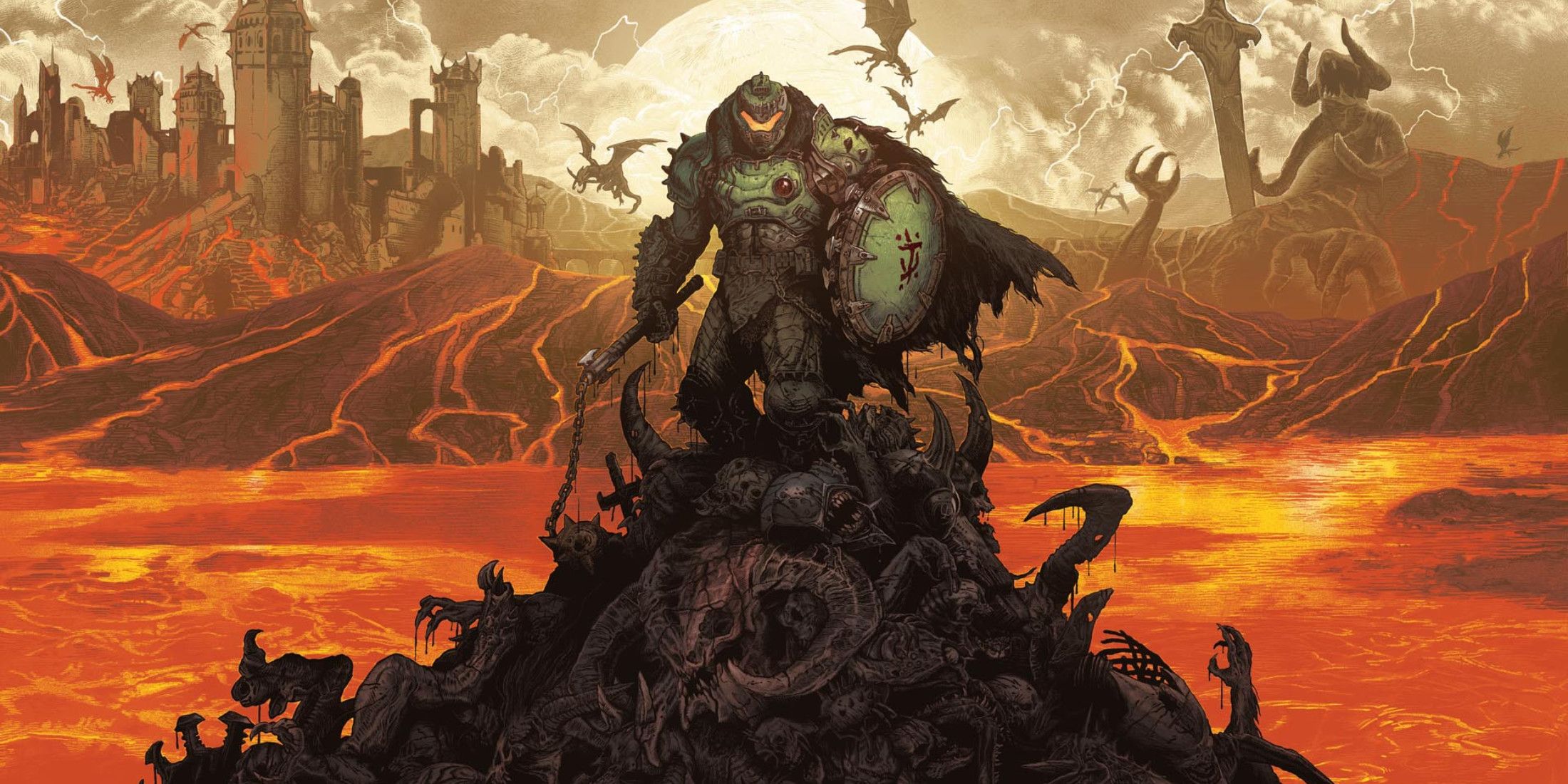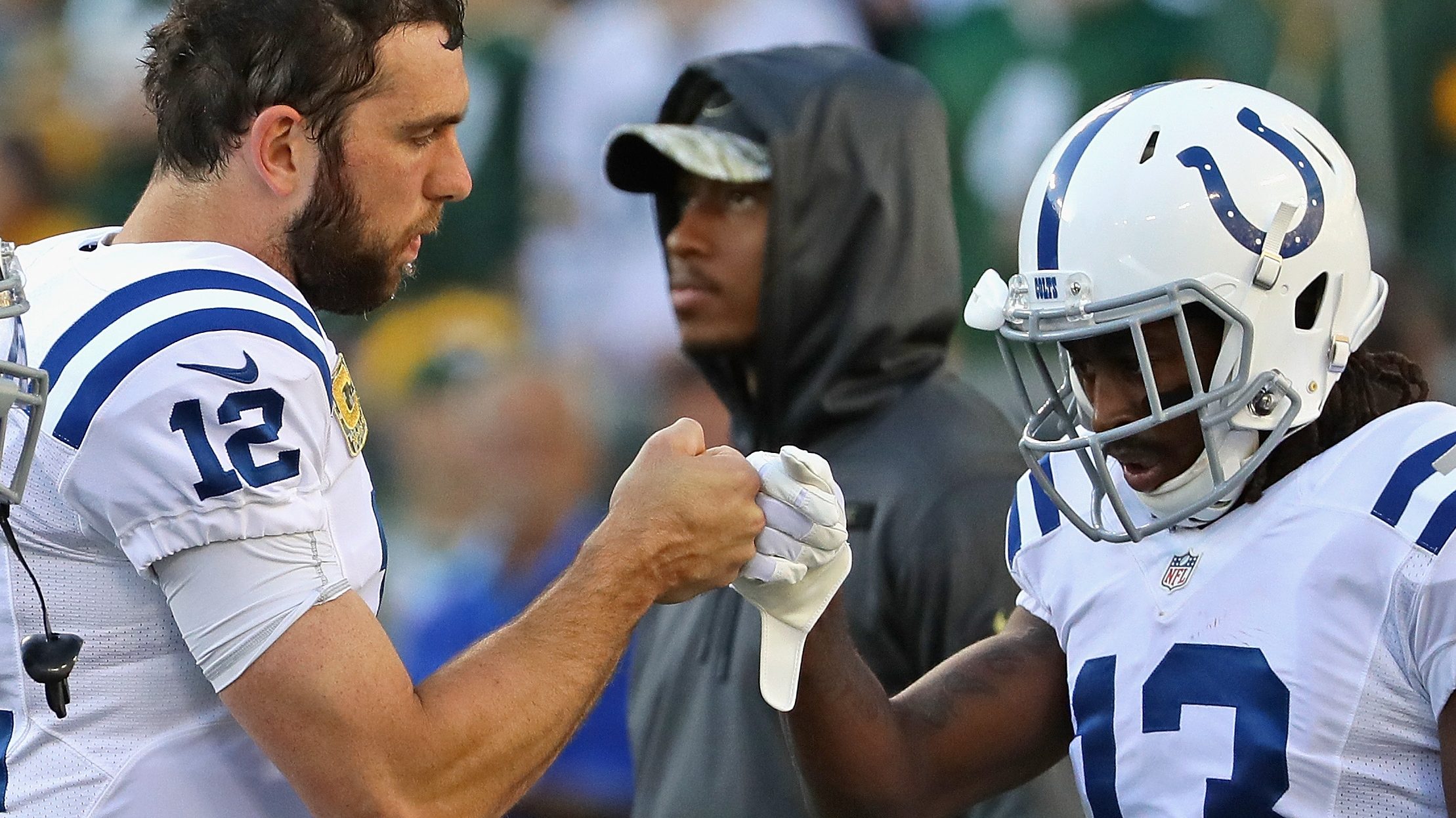The Los Angeles Wildfires: A Case Study In The Morbid Gamification Of Tragedy

Table of Contents
The Sensationalization of Disaster in Media Coverage
Media outlets, driven by the relentless pursuit of viewership and clicks, often prioritize sensationalism over responsible reporting during disasters. This prioritization leads to a focus on the dramatic and visually arresting aspects of the event, often at the expense of factual accuracy and the emotional well-being of those affected.
- Hyperbole and Emotional Language: News headlines frequently employ emotionally charged language and hyperbole, exaggerating the scale of the disaster or focusing on the most dramatic elements. Phrases like "inferno" and "apocalyptic scenes" are common, creating a sense of heightened drama that can overshadow the nuanced reality of the situation.
- Social Media Amplification: Social media platforms, while offering valuable tools for communication and coordination during emergencies, also amplify dramatic narratives. Unverified information spreads rapidly, adding to the sense of chaos and fueling anxieties. Live-streaming of wildfires, while offering a glimpse into the situation, can also unintentionally contribute to a voyeuristic spectacle.
- The 24/7 News Cycle: The constant demand for new content in the 24/7 news cycle pressures journalists to deliver updates, even if those updates are not substantial or accurate. This can lead to a constant cycle of speculation and sensationalized reporting, creating a feeding frenzy of "breaking news" that ultimately distracts from the real issues.
The Rise of "Disaster Tourism" and its Ethical Implications
The aftermath of a wildfire, while devastating, can also become a site for what some call "disaster tourism." Individuals, driven by morbid curiosity or a desire for social media content, visit affected areas, sometimes posing for photos amidst the destruction.
- Ethical Concerns: This behavior raises serious ethical concerns. The exploitation of suffering for personal gain is insensitive and disrespectful to those who have lost everything. Such actions can also hinder rescue efforts and recovery processes. Emergency responders and volunteers need space and resources to perform their crucial work.
- Impact on Recovery: The influx of onlookers can disrupt recovery efforts, placing extra strain on already stretched resources. Moreover, the presence of tourists can create a sense of intrusion and further traumatize those affected.
- Examples of Insensitive Behavior: Instances of individuals taking selfies near burned-out homes or sharing insensitive comments on social media highlight the lack of empathy that frequently accompanies "disaster tourism."
Gamification through Social Media and Online Interactions
Social media platforms, with their gamified features, further contribute to the morbid gamification of tragedy. Live-streaming, challenges, and the pursuit of viral content transform real-life suffering into a form of online entertainment.
- Hashtags and Trending Topics: The use of hashtags and trending topics creates a competitive environment where individuals seek to gain attention by sharing their reactions, often fueling the cycle of sensationalized coverage.
- Competitive Engagement: The inherent competitiveness of social media platforms, where engagement is measured through likes, shares, and comments, encourages the amplification of dramatic narratives. The pursuit of viral content can lead to a focus on spectacle rather than substance.
- Inappropriate Social Media Posts: Many examples of insensitive and inappropriate social media posts related to wildfires demonstrate the lack of empathy and ethical consideration in the online space.
The Psychological Impact of Morbid Curiosity
The psychological reasons behind morbid curiosity are complex and multifaceted. Understanding these reasons is crucial to addressing the issue of the morbid gamification of tragedy.
- Schadenfreude: The concept of "schadenfreude," or taking pleasure in others' misfortune, plays a significant role in online interactions. While not always conscious, this phenomenon can drive engagement with disaster-related content.
- Responsible Media Consumption: Practicing responsible media consumption is essential. Being mindful of the sources of information, verifying facts, and limiting exposure to potentially triggering content can help mitigate the negative psychological impacts.
- Emotional Exhaustion and Desensitization: Excessive exposure to disaster narratives, especially through sensationalized media coverage, can lead to emotional exhaustion and desensitization. This can make it more difficult to empathize with victims and contribute meaningfully to recovery efforts.
Conclusion
The Los Angeles wildfires, like many other disasters, highlight the troubling trend of the morbid gamification of tragedy. Sensationalized media coverage, "disaster tourism," and the gamified features of social media contribute to a cycle of exploitation and insensitivity. We must move away from this approach and focus on responsible reporting, empathetic engagement, and genuine support for victims. Avoid contributing to the morbid gamification of tragedy; instead, support reputable organizations dedicated to disaster relief and recovery. Let’s combat the morbid gamification of tragedy by promoting responsible media consumption, fostering empathy, and ensuring that future disaster coverage prioritizes respect and compassion over sensationalism. Share this article to raise awareness and help prevent the exploitation of tragedy.

Featured Posts
-
 Ge Force Now May Games Doom The Dark Ages Blades Of Fire And More
May 15, 2025
Ge Force Now May Games Doom The Dark Ages Blades Of Fire And More
May 15, 2025 -
 Mlb Dfs Lineup Advice May 8th Sleeper Picks And One Batter To Avoid
May 15, 2025
Mlb Dfs Lineup Advice May 8th Sleeper Picks And One Batter To Avoid
May 15, 2025 -
 Opportunites D Emploi Le Marche Des Gardiens Face A La Demande
May 15, 2025
Opportunites D Emploi Le Marche Des Gardiens Face A La Demande
May 15, 2025 -
 Jimmy Butler Playing Today Warriors Game Status Update
May 15, 2025
Jimmy Butler Playing Today Warriors Game Status Update
May 15, 2025 -
 Dial 108 Ambulance Project Bombay Hc Upholds Contract
May 15, 2025
Dial 108 Ambulance Project Bombay Hc Upholds Contract
May 15, 2025
